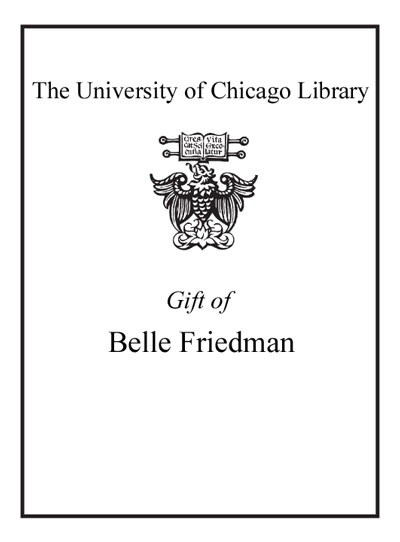Review by Choice Review
Born as Wilson's dissertation, this book includes an introduction and eight chapters on Sophocles' Oedipus Tyrannus and Oedipus Coloneus, Euripides' Heracles, Seneca's Epistles and Hercules Furens, Shakespeare's King Lear and Macbeth, and Milton's Samson Agonistes and Paradise Lost. Wilson (Univ. of Pennsylvania) unites these works under an interpretive principle she calls "overliving" (a term that, like the book's title proper, he adapted from Paradise Lost), whereby a character's tragic destiny may consist not in dying after unbearable suffering but in continuing to live beyond what would seem to be the appropriate or expected time. The application of this notion results in some complex and interesting insights, though one should note that death is far from the regular denouement in ancient tragedy. Passages quoted in Greek and Latin are given in English translation, and Wilson includes full notes and lists of works cited (by chapter, with repetitions). Offering a sort of psychological literary criticism that may overreach the conscious intent of the authors studied, this book will be beyond the grasp of the average undergraduate. ^BSumming Up: Optional. Graduate and research collections. C. J. Zabrowski Gettysburg College
Copyright American Library Association, used with permission.
Review by Choice Review

